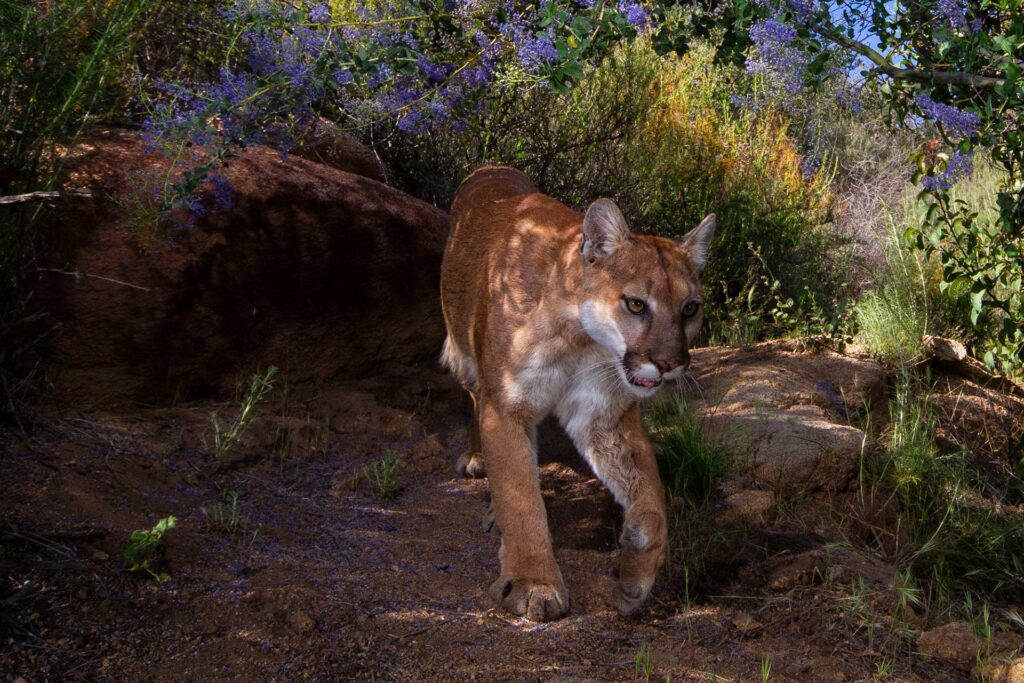Do Carnivores Need To Be Managed?
Wildlife managers often say that carnivores like wolves, coyotes and mountain lions need to be hunted to keep their numbers in check. Otherwise, they will continue to increase in numbers until they deplete ungulate populations, attack more livestock and pets, and generally become a nuisance. But is this true?
Let’s look at two common related assertions.
Do carnivores need to be hunted to keep their numbers from growing?
No. At one time ecologists thought that carnivore numbers fluctuated mainly in response to the availability of their prey. However, there is a growing body of evidence that larger carnivores (with an average size of more than about 30 pounds) regulate their own numbers through a variety of life-history traits and social interactions. These include:
- Large carnivores tend to have slow reproductive rates. They produce relatively fewer offspring and less frequent litters than smaller animals.
- Large carnivores tend to give their offspring extended parental care and invest more heavily in each offspring, further delaying the time between litters.
- Large female carnivores tend to establish and defend large territories, thus limiting reproduction by other females.
- Large carnivores tend to engage in infanticide, i.e. killing the offspring of rivals to prevent them from reproducing. In social carnivores like wolves, the dominant female will also exclude other females from breeding.
- Large carnivores tend to engage in complex social behaviors such as cooperative hunting and sharing parental duties.
All of these traits contribute towards large carnivores being able to regulate their numbers so they don’t outstrip their available prey. However, these mechanisms only work in stable populations. Ironically, “management” of carnivores by hunting may cause these mechanisms to break down, resulting in population increases. For example, in hunted populations social groups are more fragmented, resulting in more alpha pairs and thus more breeding females. Similarly, the breakdown of territory boundaries may lead to increased densities of carnivores due to an influx of outsiders.
Do carnivores need to be hunted to reduce attacks on livestock?
No. There is no clear evidence that random killing of carnivores reduces attacks on livestock. In fact, it has been shown to have the opposite effect. Predation on livestock is a learned behavior practiced by particular animals. Randomly hunting carnivores in the hopes of killing the “offending” animal is a longshot and almost always ineffective. When pack animals like wolves and coyotes are killed, their social structure breaks down. More females are able to breed, more pups survive, and carnivore numbers may actually increase. When resident territory holders are killed, it allows new arrivals to move in. Often these are younger animals that are more likely to attack livestock.
It may sometimes be necessary as a last resort to kill certain carnivores to resolve conflicts with humans and livestock. However, public hunting and trapping seasons are not required to keep carnivore numbers from increasing beyond their carrying capacity in most situations. The need to “manage” carnivores is another myth not supported by science.
